The movie Into Beijing: A Love Letter to Beijing Opera
Beijing opera has always been regarded as the "quintessence of the country", which is popular all over the country and famous all over the world. In the development of Peking Opera, "Huiban going to Beijing" is a landmark event. The so-called "Huizhou Class" is a troupe mainly composed of Anhui artists (especially in Anqing). During the Qianlong period, Huizhou Class was popular in Yangzhou, and many Huizhou merchants in Yangzhou had private troupes. In the fifty-fifth year of Qianlong (1790), on the occasion of Emperor Qianlong’s eightieth birthday, Huiban was sent to Beijing to celebrate his birthday, and it has gradually flourished since then. During Jiaqing and Daoguang years, artists of Han tune also joined Huiban in Beijing to perform, and Huihan merged to gather the strengths of many people and developed into a Beijing opera mainly singing Xipi and Erhuang.
The well-known director Hu Mei’s new film "Into Beijing" focuses on the story of "Huiban going to Beijing" and reveals a legendary story about the origin of Peking Opera.
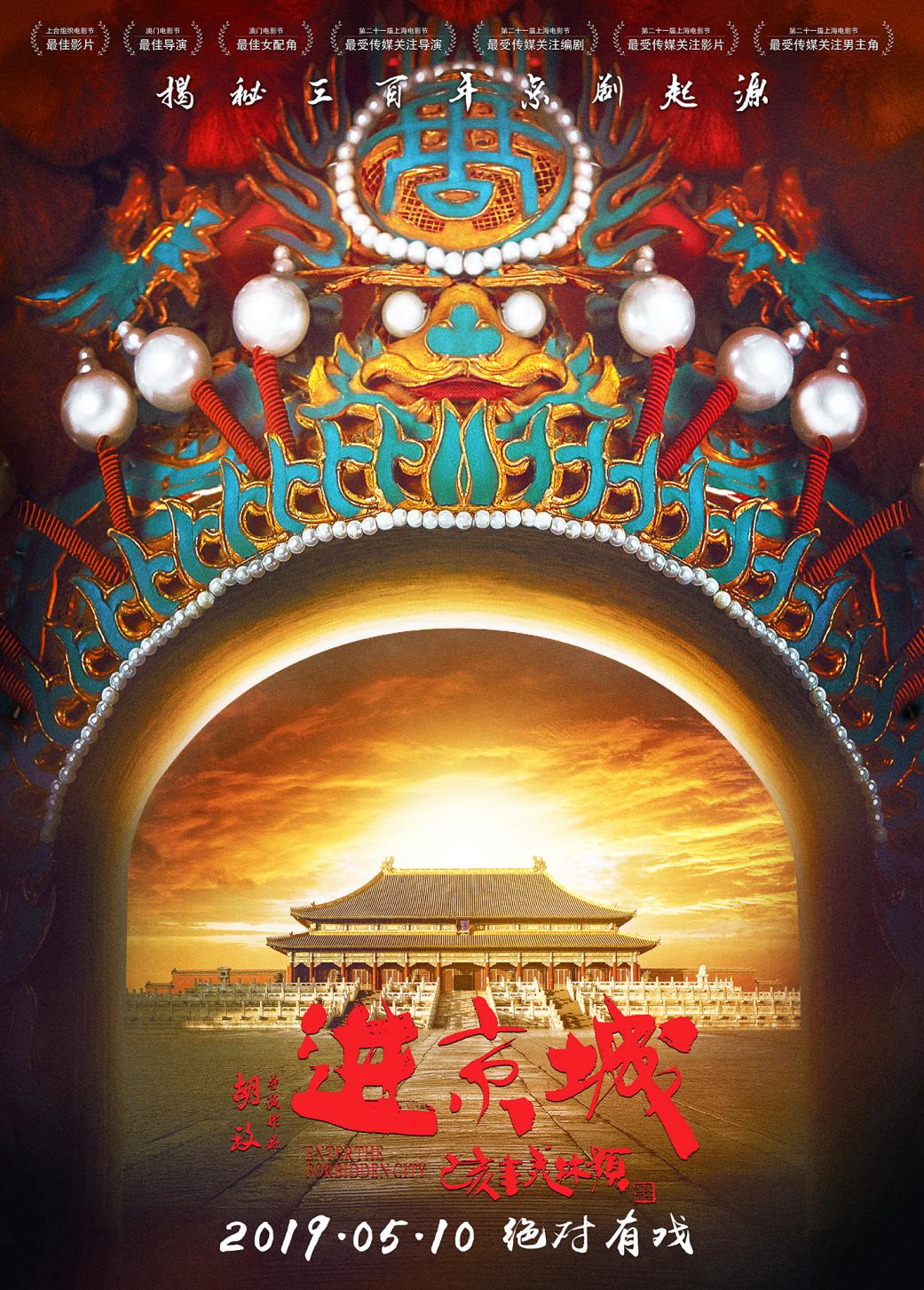
The poster film into Beijing is divided into two clues. One is based on Yue Jiu (played by Fu Dalong), a famous opera actress. During the Qianlong period, Yue Jiu, who sang the role of Dan, was once a famous opera star in Beijing. However, because of being framed by his peers, he was accused of singing gaudy operas and was banned from returning to Beijing to sing operas forever. Yue Jiu left Beijing sadly.
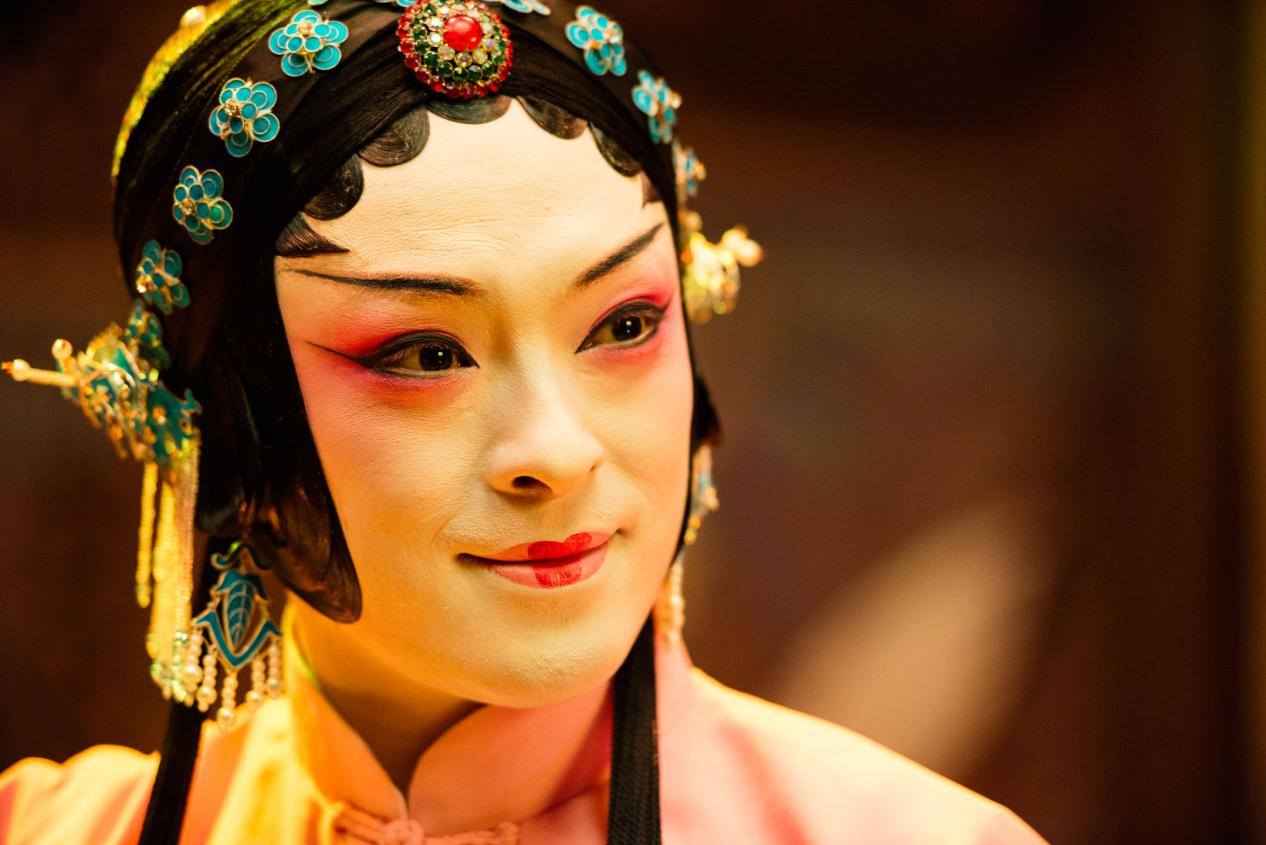
The expulsion of Yue Jiu, played by Fu Dalong, involved an important historical background, namely, the struggle between flowers and elegance in traditional Chinese opera. The so-called elegance means positive meaning, and the rulers regard Kunqu opera as the sound of elegant music; The so-called flower means vulgar or miscellaneous, which means that the flowers in the flower department are impure, and all local operas such as Qin opera, Luoluo opera and Erhuang tune are also called random play. On the surface, the dispute between elegance and elegance is the ruler’s "advocating elegance and restraining vulgarity". In fact, it is "the reflection of the aesthetic orientation of the citizen class and the merchant group challenging the ruling group and the literati group, and it is a dispute over the right to speak", so the smoke is silent.
Yue Jiu was expelled from Beijing and came to Yangzhou. He still loves drama, and it is still bigger than the sky. In the snow and ice, he practiced walking on beans, sweating profusely. He couldn’t help but eat the midnight snack. He went to the tree to induce vomiting. Someone asked him what was going on. He turned his eyelids and pointed to his eyes and said, "This is really old and yellow. It’s ugly to wear makeup." In order to win the opportunity to sing with the capital, he took out all his possessions. He sang only one play in the capital, but was reported by a villain and put into prison. He still practiced without fear … …
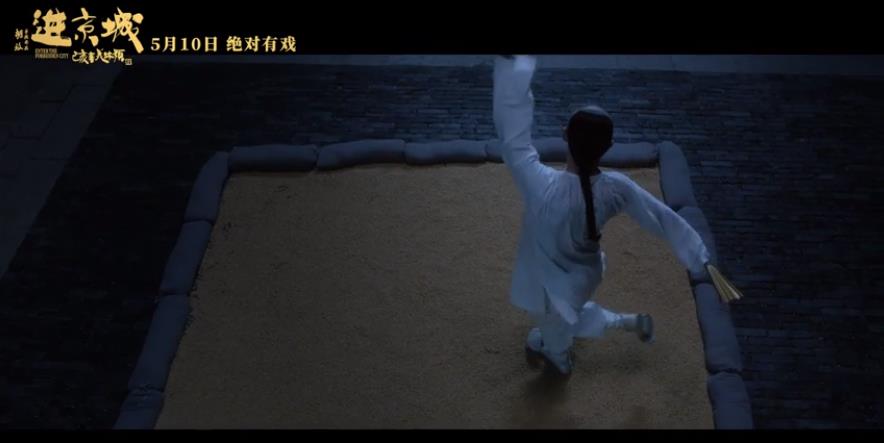
Yue Jiu practiced walking on beans, and Yue Jiu always held back his strength. He swallowed his grief and hatred, and he really couldn’t swallow the humiliation of being expelled. He wants to re-enter the capital, he wants to prove his innocence and act openly, and he is fighting for a sigh of relief!
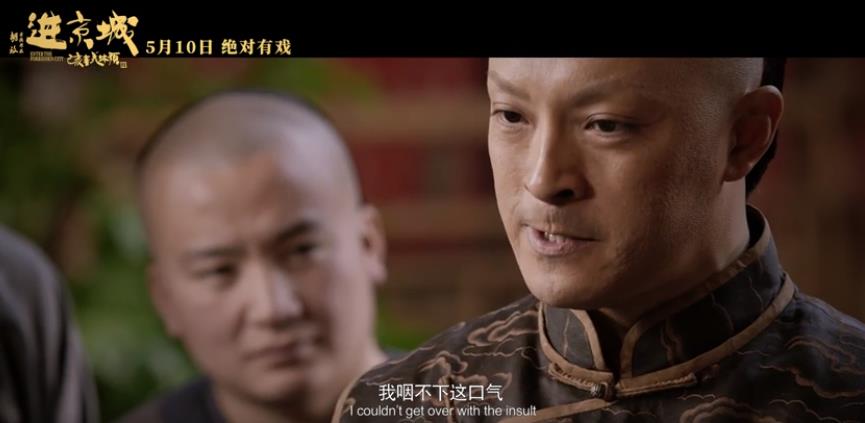
Yue Jiu can’t swallow another clue of the wronged "Into the Capital", which revolves around Wang Runsheng (Ma Jinghan), the master martial artist of Chuntai Class. Wang Runsheng was discriminated against repeatedly because of his status as a player, and even his sweetheart Chun Rong (Olivia) could not get married.
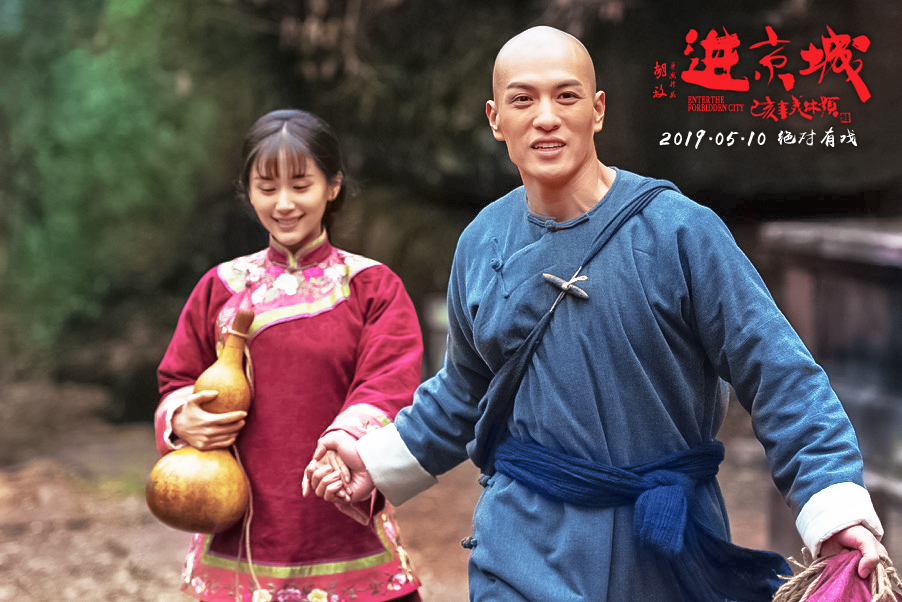
Wang Runsheng (Ma Jinghan) and his sweetheart Chun Rong (Olivia) have a very humble status in history. Even an actress is regarded as a clown and beggar in society. Sometimes the social status of a player is even worse than that of a prostitute. Chunrong’s mother ridiculed Wang Runsheng, even if his Geng Tie was taken to a brothel, no one wanted it. Because prostitutes may be successful in my official career after they are redeemed, but it is difficult for actors to turn over. It is customary in past dynasties that actors cannot be officials. It is mentioned in the film that even if they are divorced, they will have to wait three generations before they can take the scientific examination.
Unlike Yue Jiu, Wang Runsheng didn’t love singing opera at first. He only regarded singing opera as a means of making a living, thinking of going home to farm after eloping with Chun Rong. Unable to elope, he abandoned himself for a while. However, when he saw Yue Jiu’s obsession with drama, and saw that Yue Jiu never belittled himself, others naturally thought highly of him, especially with the guidance and help of the confidante Feng Gege (Ma Yili), he gradually understood that if he wanted others to respect him, he would have to live up to his expectations and respect himself.
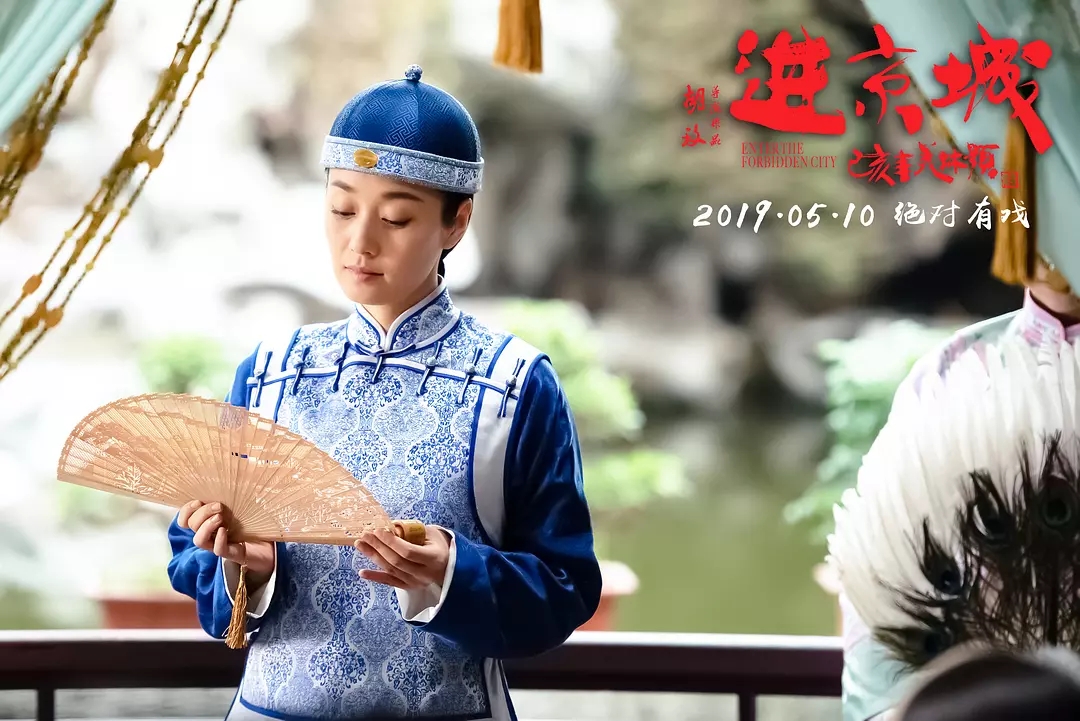
Feng Gege, played by Ma Yili, is an opera idiot. He and Wang Runsheng have an emotional relationship. The surface story of Entering the Capital is how two exiled, discriminated and degraded actors fight for their own breath. In the climax of the film, Wang Runsheng and Yue Jiuqiang joined hands to give a wonderful drama in front of Ganlong, and got a "good" from Ganlong! Yue Jiu once told Wang Runsheng that singing opera is to live well for this sound. In the historical context at that time, there is nothing more glorious than going to Beijing to be holy and being affirmed by the holy.
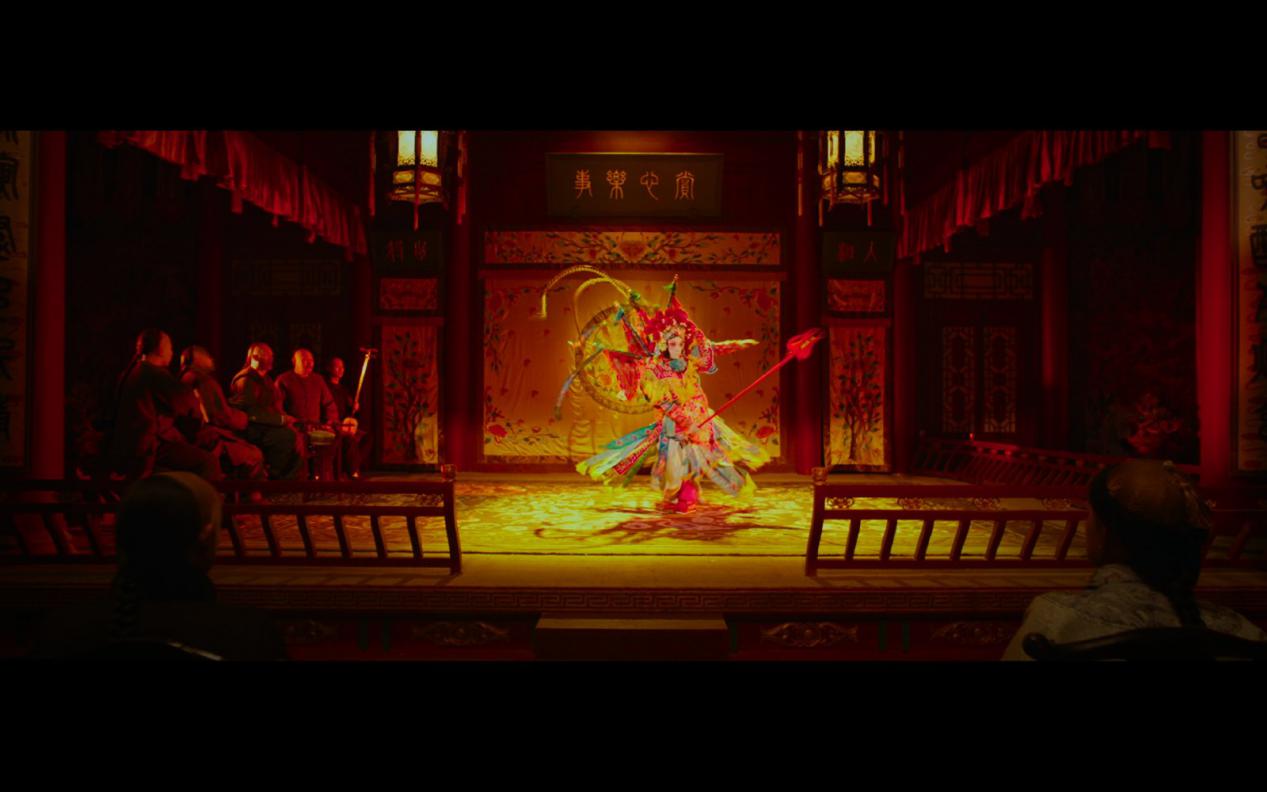
Under the surface story of Yue Jiu singing opera in front of Gan Long, Entering the Capital also traces the birth history of Peking Opera, eulogizing the opera masters who have made great contributions to the development of Peking Opera, and eulogizing the famous or unknown "Yue Jiu" and "Wang Runsheng".
After watching the movie, it is hard for the audience not to be moved by Yue Jiu. On the one hand, thanks to Fu Dalong’s superb acting skills, he has become one with Yue Jiu. Every time he raises his hand, throws his foot, holds his heart, frowns and opens his mouth, he has the grace, demeanor and character of a master of traditional Chinese opera.
On the other hand, Zou Jingzhi, the screenwriter, is deeply attached to this role. Zou Jingzhi himself is a veteran Beijing opera lover. He has fully integrated his love for Beijing opera into the story, and the classic role of Yue Jiu has also condensed the common spirit of all opera masters — — "Three good voices on the stage, ten years of work under the stage", "Ten-year champion, a hundred-year actor", they study hard and never slacken, and always strive for perfection in the art of traditional Chinese opera. It is because of them that traditional Chinese opera can be developed and passed down, and Peking Opera can be born.
From this point of view, Entering Beijing is actually a love letter or a thank-you letter written to Peking Opera and the masters of traditional Chinese opera in history.
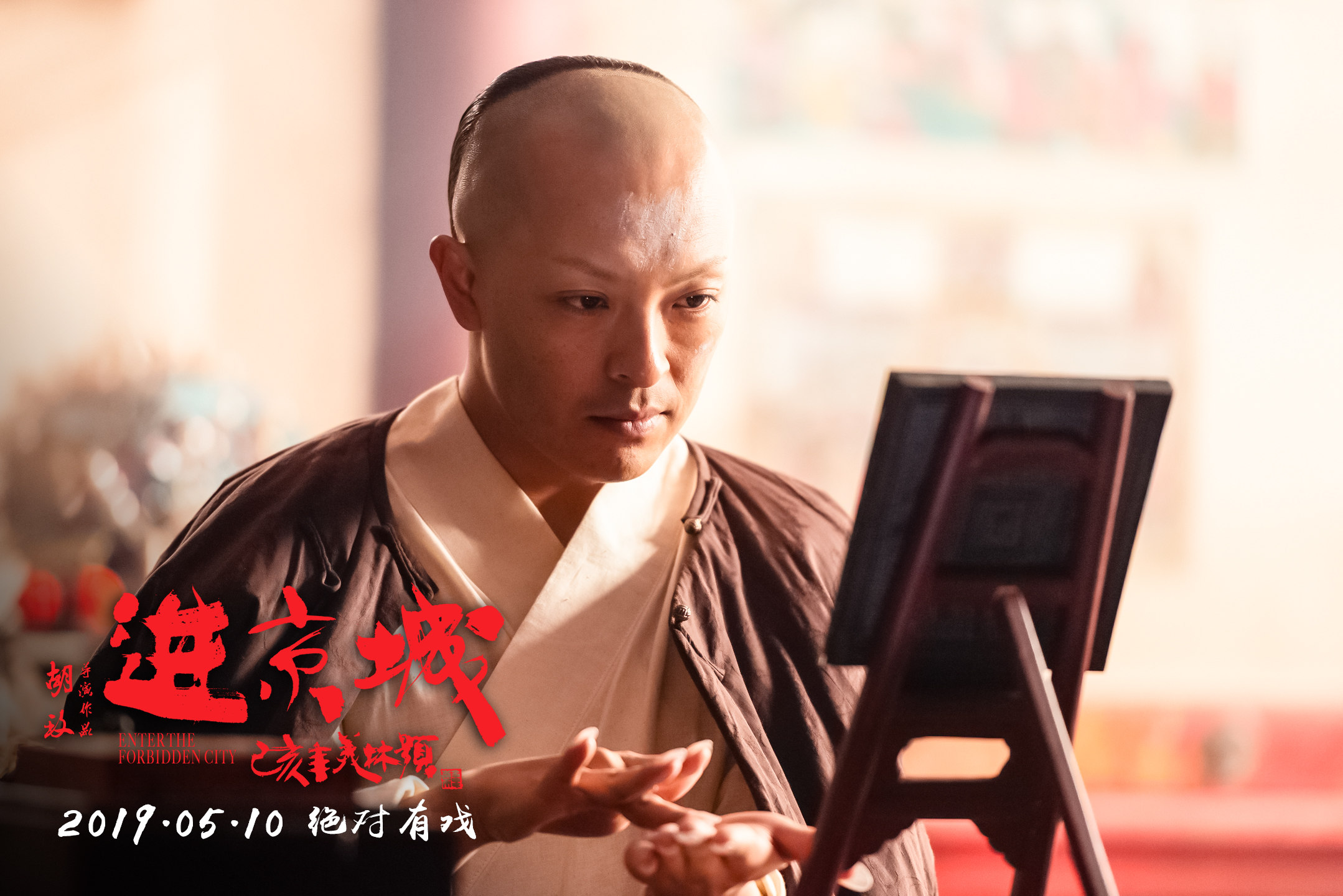
Behind the development of Beijing Opera, there are countless efforts of opera masters like Yue Jiu. Entering Beijing is not without its shortcomings. Zou Jingzhi’s plays are relatively "steady", and Hu Mei is slow and steady in the process of restoration. However, because of the mediocrity of the lens language, the redundancy of some narrative bridges, and the fact that the acting skills of several other young actors can’t match those of Fu Dalong Ma Yili, the whole movie looks steady and has a strong flavor of TV movies.
But on the whole, Entering Beijing is still worth seeing. The decline of traditional opera art has become an indisputable fact. At present, not many young people love going to the theatre, and the traditional opera art itself is also facing problems such as the decline of creation, insufficient development funds, and lack of performing talents. Some opera arts are even at risk of extinction. Although we can’t expect a film "Into the Capital" to arouse young people’s love for opera, it can at least let more people know about Peking Opera, and understand that behind every opera that has been passed down from thousands of years ago, countless people’s painstaking efforts have been condensed, and countless people’s love for "playing beyond the sky" has been poured into it, and young audiences have a deep respect for traditional opera. One more attention, one more hope.